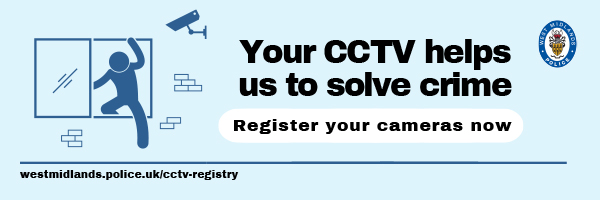|
||||
|
||||
|
|
||||
|
Social Media has become an integral part of our daily lives, shaping how we communicate, share information, and connect with others. Platforms like Facebook, Instagram, X (Formally Twitter) and TikTok allow us to stay in touch with friends and family, regardless of geographical boundaries. They also offer a space for individuals to express themselves, discover new ideas, and engage with communities of shared interests. With its ability to provide instant access to news, entertainment, and updates, social media has significantly altered the way we interact with the world, creating a constant flow of information and opportunities to interact with others. However, this widespread presence also raises concerns about privacy, mental health, and the impact of digital environments on real-life relationships.
Using privacy settings across social media platforms to manage your digital footprint.
It’s important to know how to manage the security and privacy settings on your accounts, so that your personal information remains inaccessible to anyone but you.
Use 2-step verification (2SV) to protect your accounts2-step verification (often shortened to 2SV and sometimes called two-factor authentication) provides a way of 'double checking' that you really are the person you are claiming to be when you're using online services, such as social media, banking or email. Even if a criminal (or someone simply looking to cause mischief) knows your password, they won't be able to access any of your accounts that are protected using 2SV. The Cyber Aware website contains links on how to set up 2SV across popular online services such as Instagram, Snapchat, X and Facebook. For more information on why you should use 2SV wherever you can, read the NCSC's official guidance on 2-step verification. Understanding your digital footprintIt's worth exercising some caution when using social media. Not everyone using social media is necessarily who they say they are. Take a moment to check if you know the person, and if the friend/link/follow is genuine. Less obviously, you should think about your digital footprint, a term that describes the information about you that is available online. Criminals can use this to steal your identity, or make phishing messages more convincing. You should: Think about what you're posting, and who has access to it. Have you configured the privacy options so that it's only accessible to the people you want to see it? Consider what your followers and friends need to know, and what detail is unnecessary (but could be useful for criminals). Have an idea about what your friends, colleagues or other contacts say about you online. Although aimed at businesses, CPNI’s Digital Footprint Campaign, contains a range of useful materials (including posters and booklets) to help understand the impact of your digital footprint.
Spotting and reporting fake accountsScammers will make fake accounts and/or hack real accounts to use them to commit a range of fraudulent activities. Many sites have a process to verify accounts, such as verified badges for Instagram and Facebook. This can help to identify real accounts against fake accounts pretending to be a well-known person. Other things to look out for include where an account has a date indicating when it was set up nonsensical names (appears to be random letters and numbers) the number of followers (although note that followers can be bought) It is not just celebrities accounts that are targeted by scammers. If a family member or friend posts something that appears suspicious or out of character, contact them by another method (in case their account has been hacked). If it transpires their account has been taken over, they should follow the NCSC's guidance on recovering hacked accounts. You can also report fake posts or accounts directly with the provider.
Thank you for taking the time to read these tips and remember - Stay Safe Online
Please continue to look out for further updates from the team on our X (formerly twitter) page @WolvesPolice | ||||
Reply to this message | ||||
|
||||
|
|
||||

|
|






